Chances are, if you’re currently in New Zealand or you’re planning a trip here, than most likely you’ve heard the term “freedom camping.” Maybe you yourself are planning a freedom camping trip and want to learn about how it works. Read along for some important tips that I’ve learned after several months living and freedom camping in New Zealand.
What is Freedom Camping, Exactly?
Freedom camping is the act of living in a campervan or RV and staying for free at the various free campgrounds or parking spots around the country. The “freedom” comes from both the freedom of van life and the free places to park the van. In essence, it’s a smart way to travel around New Zealand, as it saves you money on paying for a lodge or hostel and also doubles as your car.
Freedom camping has been popular in New Zealand for decades – both with locals and international visitors alike. Since New Zealand doesn’t have the best public transportation, the best way to see the country is truly to have your own set of wheels. For the local Kiwis, having a converted van is a convenient way to spontaneously get out of town for the weekend or for a holiday. For those traveling long term, buying a converted van is a great investment as it’s the perfect to way to save money – and most of that money can be earned back upon selling the van at the end of a trip!
Freedom Camping Problems & Subsequent Legislation
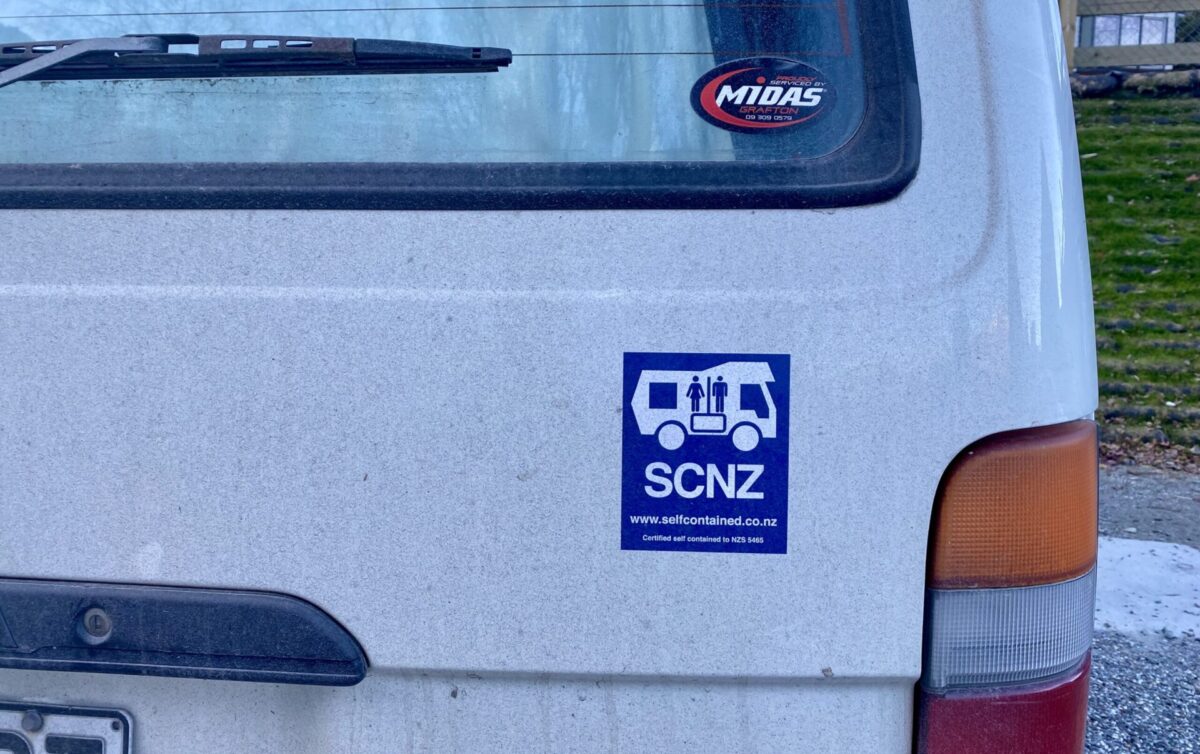
Over the years, as freedom camping has become more and more popular in New Zealand, the country has seen some adverse consequences that have forced the government to subsequently pass laws to prevent bad behavior and protect the natural environment here in New Zealand. Some of the negative behaviors included freedom campers having illicit fires, leaving trash and human waste out in public areas that didn’t have bathrooms or trash bins, bathing in the waterways or doing dishes in public bathrooms, for just a few examples. Being that this country is so small and there have been hundreds of thousands of freedom campers traveling around New Zealand every year, you can imagine how that might have had a damaging effect on the natural environment and the lives of the locals.
Just over a decade ago, the NZ government passed the Freedom Camping Act 2011. This act was passed in an effort to define freedom camping and make it possible to regulate it. Over the years, there have been changes made to this initial legislation in an effort to protect and preserve the natural environment here and make freedom camping more sustainable for New Zealand. One of the additions to the original freedom camping act was to require vans be self-contained (basically with trash, running water and a toilet onboard) in order to stay at any of the free campgrounds or areas that don’t have toilet facilities. Many government websites and road signs have also started using the term “responsible camping” instead of freedom camping to emphasize the care that is required as a freedom camper in New Zealand.
Stereotypes & Restrictions
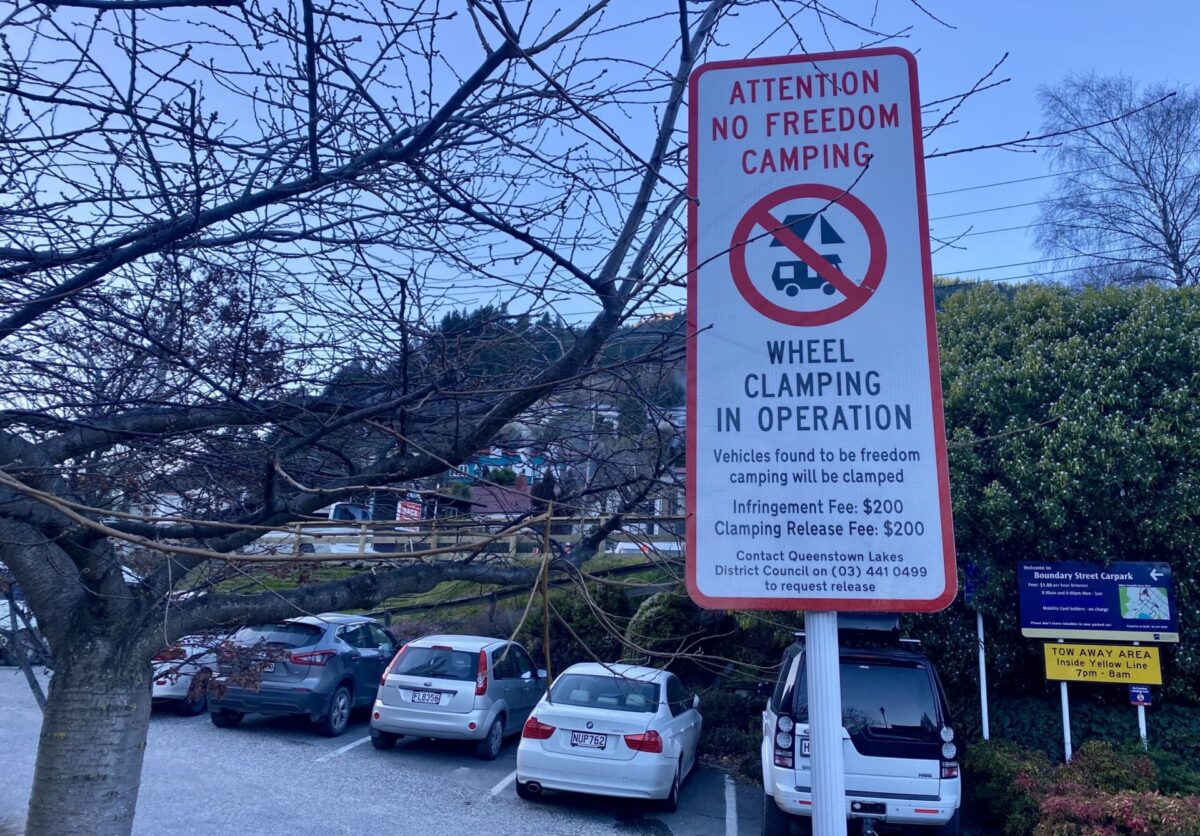
While I’m sure these laws have helped clean up New Zealand significantly since they were first passed, there still continue to be some problems with freedom campers here. As a freedom camper myself who has recently arrived to New Zealand, it also feels like some of the rules imposed are overly strict for no good reason. There is a weird clash happening where many freedom campers today want to follow the rules and be respectful, but they also feel that there has been so much restriction regarding how we freedom camp and where that much of the fun and “freedom” has been taken out of the activity.
On the other hand, because of the years of poorly behaved campers and some continued problems, many Kiwis and locals in law enforcement have negative opinions about freedom campers that reinforce those restrictions. We’re often stereotyped as “freeloaders” even though most of us are just trying to find the best way to travel around New Zealand and hopping on a decades-old trend that started with Kiwis themselves. Some of the stereotyping I’ve seen on public internet forums regarding freedom campers is simply excessive. Of course most people freedom camping aren’t “dirty hippy freeloaders” but simply travelers looking for an economic way to see the entire country while following the rules and respecting the local environment. However, the few bad eggs continue to give every freedom camper a bad name.
Below I’ve outlined a few important tips for anyone currently freedom camping their way around New Zealand and anyone who is considering doing it in the future. By following these tips, you’ll prevent yourself from getting any fines and you’ll be helping to preserve the stunning natural environments all around New Zealand.
NZ Freedom Camping Tips
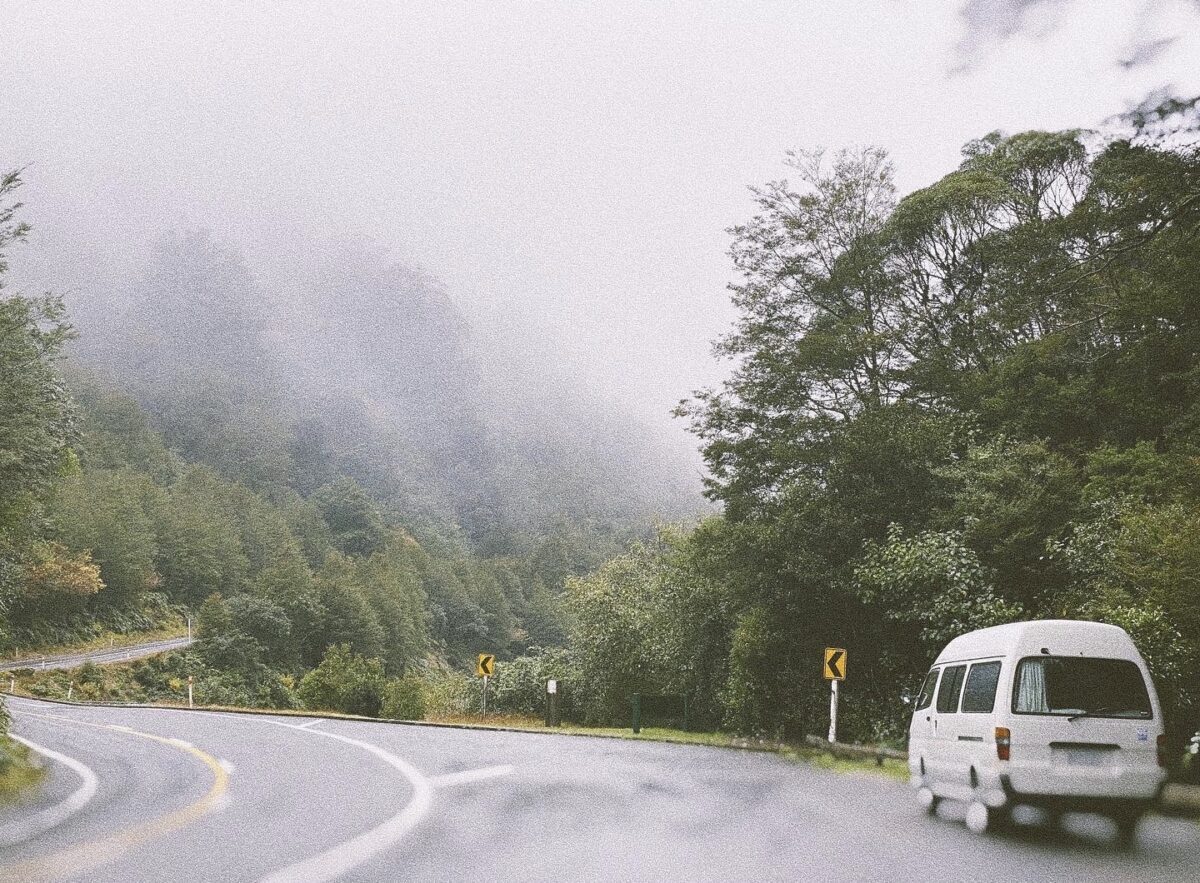
1. Use the freedom camping apps.
The best apps to use while freedom camping in NZ is CamperMate and RankersCampingNZ. They are probably one of the most important free resources that you need to use while freedom camping in New Zealand. We used them on our first road trip in New Zealand and on subsequent trips we’ve taken since, and they have really helped us out. I actually use both when I’m freedom camping because ocassionally one app will have a location that isn’t available on the other one.
On each of these apps, you can search for places to camp in any location throughout the country. It also will show you by color how much the campgrounds cost (free, middle range, or premium). In each of the locations you can search for, many have reviews from other users and sometimes pictures. So if you’re looking for a place to freedom camp for the night, you can read the reviews to decide on a spot. Both apps are great and for the most part offer the same information.
They also have many other options, such as searching for gas stations or grocery stores, where to fill up your cooking gas, and where to find a public shower as well as a water dump and refill station – all of which are esssential parts of van life. They even have options to search for activities, like hiking and surfing for example. Very handy and a must-have while freedom camping!
2. Be respectful of the land and the locals.
It’s a sad but true fact: Kiwis have experienced enormous disrespect on the part of freedom campers over the years. They are pretty fed up with badly behaved campers who throw loud parties, dump their trash outside, or leave their human waste exposed in a public use area. I would be upset too if foreigners freedom camping in the USA were also spoiling the natural beauty there. I’m sure any of us would feel that way if this happened in our home countries.
For the love of New Zealand, just be respectful. Don’t have fires where it’s not allowed. Make sure to pack out your trash or throw it away in a proper trash bin. (And no, throwing your trash on top of an already full bin with trash all around it doesn’t count as respectful.) Don’t throw loud parties where it might disturb other people. And please, please do not shit or leave your toilet paper in the woods or any other natural area. And by god, don’t shit in the gutter either. (Yes, this REALLY happened.) Just use your van’s onboard toilet or a public toilet. If you absolutely MUST use the bathroom outside, follow Leave No Trace principles and bury your waste underground.
3. Research the area where you are going.
While everywhere in New Zealand has tightened up rules about freedom camping over the last decade or so, some areas are more strict than others.
For example, the Queenstown area is very very strict about freedom camping. The Queenstown-Lakes District Council recently raised the illegal camping fine to $400, and they have enforcement officers going around public streets to target freedom campers. Some of them will slap a fine on your dashboard even if they can’t see you inside, and others may bang on your windows at 3 am to catch you sleeping in the middle of the night. (Yes, both of these scenarios happened to us and to other people we knew sleeping in their vans.)
These actions seem like a complete waste of community resources and a great way to terrify visitors to New Zealand, but that’s just how it works in Queenstown. What’s even worse is that they have a 24-hour hotline for anyone to call and report people who are camping illegally. There are plenty of Kiwis who think freedom campers are trash so I’m sure this hotline gets used by some locals.
It’s also worth noting that Queenstown’s Council just really doesn’t like freedom campers in general and they may also be trying to eliminate freedom camping entirely from the area. They recently got caught issuing illegal tickets to freedom campers parking at the Kawarau Bridge, a legal freedom camping spot about 30 minutes outside of town.
Queenstown may be stricter than other places in New Zealand, but still it’s worth paying attention to different areas to figure out where you can and cannot camp and how high the fines will be if you camp illegally. Checking out freedom camping Facebook groups is a great way to gather info about different areas around the country.
4. Don’t park overnight where you shouldn’t!
The apps I mentioned above are amazing resources. It’s unfortunate that there aren’t more campsites available in certain parts of the country, especially with the number of people who still continue to travel around in campervans, but that is a product of years of abuse from freedom campers. Stay at the available free campgrounds that you can find, or stay at one of the many inexpensive Department of Conservation campgrounds that are available. If you park somewhere you’re not supposed to, it’s possible you’ll get away with it once, but you also put yourself at risk of getting woken up in the middle of the night or getting fined.
5. If you do get a fine, don’t skip out on it.
Thinking that if you get a couple freedom camping fines, you can just skip out and fly out of New Zealand no problem? Wrong. These days, car ownership and car rentals are connected to your passport. If you get fines associated with your vehicle, it will eventually be connected to the passport of whoever’s name is on the vehicle ownership. It is possible that you could be stopped by customs officers at the airport for unpaid fines and forced to pay them before you leave.
Bottom Line
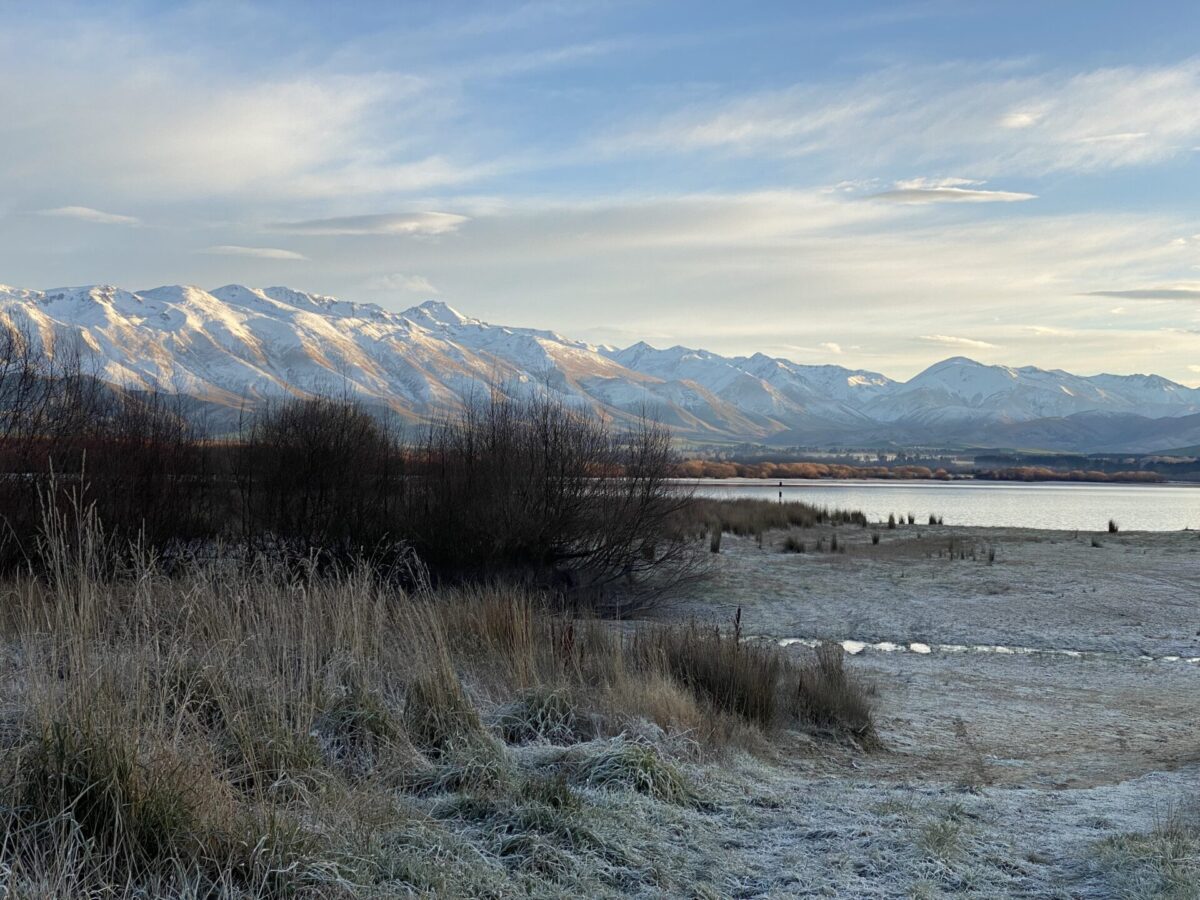
New Zealand is such a beautiful place and it is honestly a blessing to be able to see all that this little island country has to offer. While I truly believe that freedom camping is a unique experience and one of the best ways to travel around New Zealand, I also think it’s so important for freedom campers to follow the rules and show respect the way Kiwis want to see it. If we freedom campers show New Zealand just how much we also love and respect this country, not only do we help preserve the natural beauty here, but maybe we can change the negative stereotype about freedom campers as well. It is a privilege to be here, it’s a privilege to freedom camp, and it’s our responsibility to care for the land. Good luck on your freedom camping adventures! I know you’ll be just as amazed and inspired as I have been.
For more reading on freedom camping in New Zealand, check out my pros and cons list and my post about van life. Lastly, if you found this post helpful, drop a line below or share this article with your other freedom camping friends. 🙂
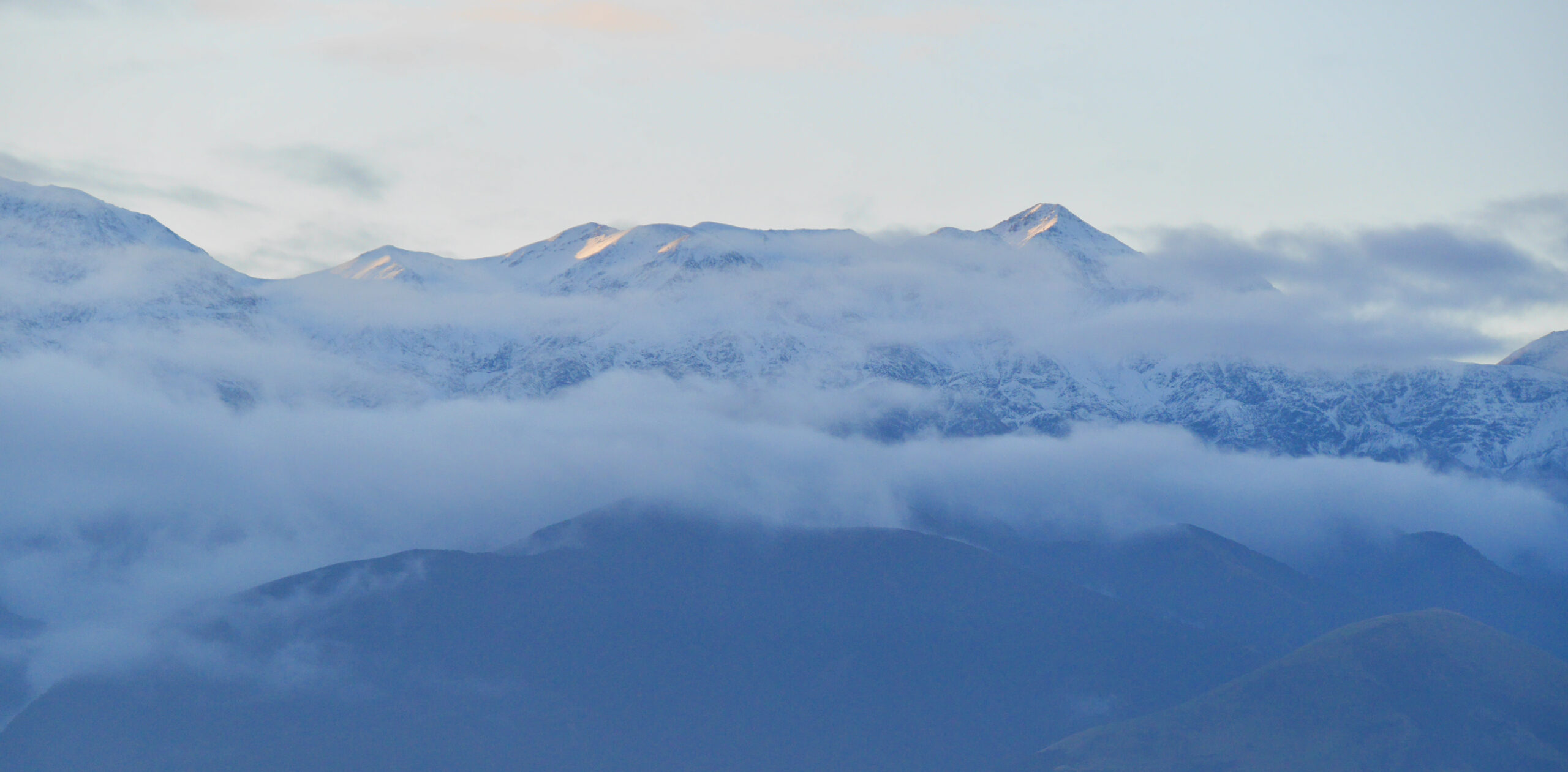

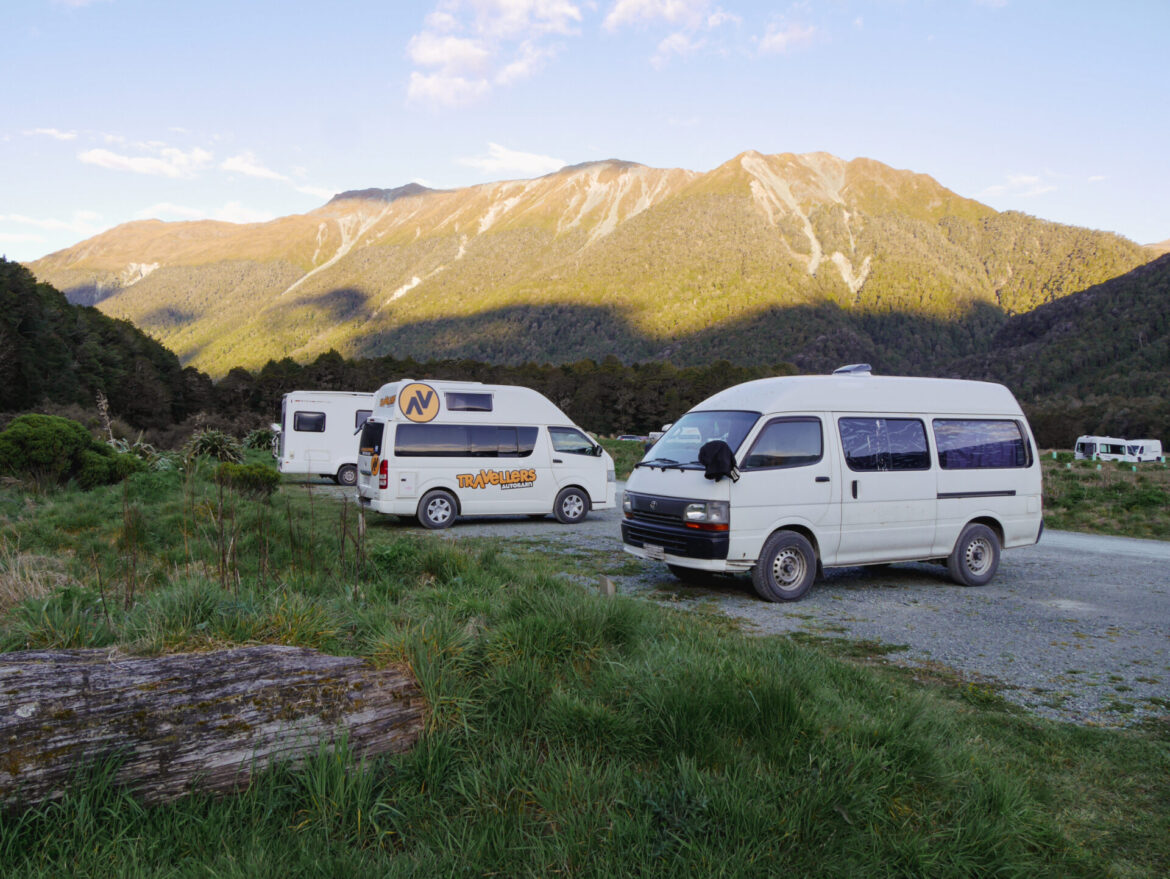
Leave a Reply